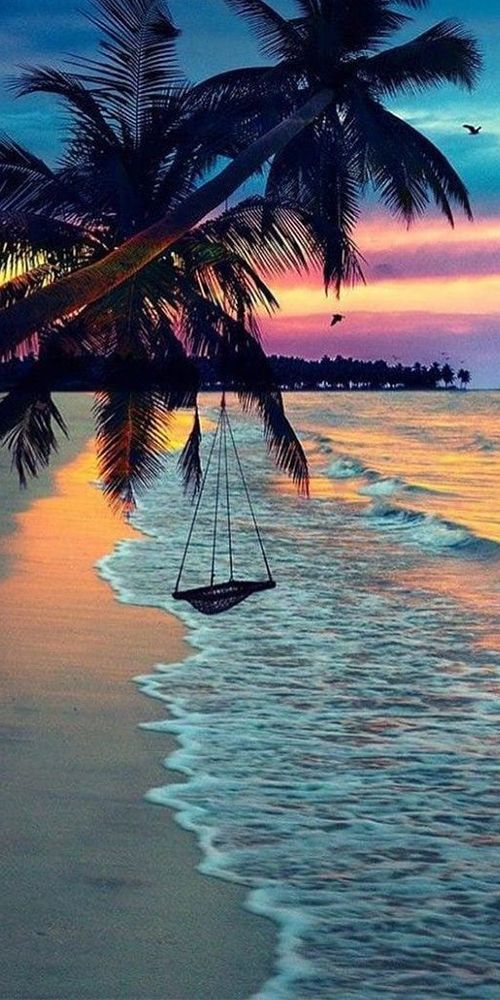Sri Lanka
Sri Lanka
1. Visa : Travelers generally need to obtain a visa to enter Sri Lanka. You can obtain an electronic visa (e-Visa) online before your departure or upon arrival at Bandaranaike International Airport in Colombo. Be sure to check specific requirements based on your nationality and length of stay.
2. Cash : The official currency in Sri Lanka is the Sri Lankan Rupee (LKR). You can exchange money at banks, exchange offices and hotels. Credit cards are widely accepted in hotels, restaurants and shops in tourist areas, but it's always good to have some cash for small businesses.
3. Health : Before traveling to Sri Lanka, make sure you are up to date on your recommended vaccinations. It is advisable to take out travel insurance that covers medical expenses and evacuation in the event of an emergency. Avoid drinking tap water and choose sealed bottled water. Pay attention to what you eat to avoid gastrointestinal problems.
4. Climate : Sri Lanka has a tropical climate with warm temperatures all year round. Coastal regions are warmer and humid, while mountainous regions are cooler. Dress lightly and bring clothing suitable for tropical conditions. Also bring waterproof clothing as showers may occur, especially during the rainy season.
5. Security : Sri Lanka is generally safe for tourists, but it is always good to remain vigilant and follow local safety advice. Keep your valuables in a safe place and do not show them conspicuously.
6. Culture and customs : Respect local culture and traditions. Dress modestly when visiting religious sites and around local people. Ask permission before taking photos of people and be respectful of local customs.
7. Transportation : Transportation options in Sri Lanka include buses, trains, taxis and tuk-tuks . Chauffeur-driven car rental services are also available for longer trips. Be sure to negotiate the price with tuk-tuk and taxi drivers before boarding.
8. Language : The official language in Sri Lanka is Sinhalese, but English is widely spoken in tourist and commercial areas.
9. Tips for drivers and guides: Tipping is not obligatory in Sri Lanka, but it is appreciated for good service. For drivers, tipping around 500 to 1000 LKR per day is common, depending on the length of the trip and quality of service. For guides, tipping around 1000 to 2000 LKR per day is appropriate, depending on the quality of their services and knowledge.
10. Electricity : The standard electrical voltage in Sri Lanka is 230 volts and the frequency is 50 Hz. Electrical sockets are generally type D, M and G. Make sure you have a universal adapter if necessary to plug in your electrical appliances.
11. Internet connection : Internet connection in Sri Lanka is generally good in major cities and tourist areas, but can be limited in rural areas. Many hotels, restaurants and cafes offer free Wi-Fi for guests. It is recommended to purchase a local SIM card with a data plan if you need a reliable internet connection during your stay. The main mobile phone service providers in Sri Lanka are Dialog , Mobitel and Etisalat . Make sure your phone is unlocked so you can use a local SIM card.








